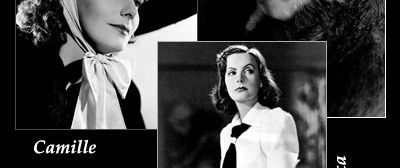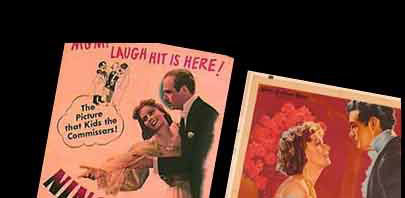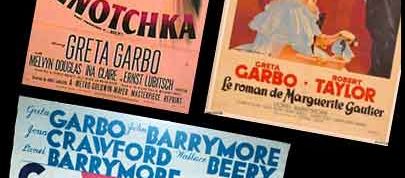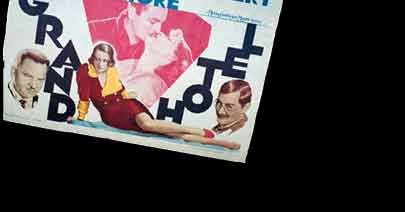





Greta Garbo's Ideological Appeal
Greta Garbo was a film star whose screen appeal displayed different readings and signification to her audience. During her stardom period, a veil of mediated mystery and eccentricity surrounded even her private life. Her stardom reputation was even a recurrent issue of the films' story like Grand Hotel (1932). Garbo's position, in comparison with other Hollywood actresses was clearly categorised as a different and unusual status. As John Bainbridge writes in his work Garbo:
As the legendary woman of mystery, Greta Garbo has baffled journalist at home and abroad. She has eluded them both in body and spirit. Groping for the revealing phrase that would provide a clue to the unguessed mystery, they have had to settle for something rather common, such as "the Swedish Sphinx", the "unapproachable Sphinx", "the dazzling enigma" and so on.27
Camille is a film that exemplifies the cinematic treatment of an ideological issue. Garbo plays the role of Marguerite Gautier, who is an extravagant society lady and the most desired woman in Paris. Marguerite's society is inserted within a bourgeois way of life, fullfil of luxury, big parties and the social ritual of courtship. Camille is remembered as Greta Garbo's best movie; not only because her image and performance dominates the entire film 28 but also because the embodiment of contradictory social values.
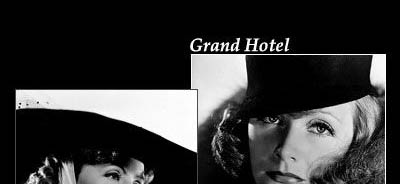
When Marguerite plays her social-determined role, a different woman emerges: she is sarcastic, cold and selfish with her lover Armand Duval who lives and suffers of the 'essence of eternal love'. Marguerite loves in order to achieve social recognition and status. At one point, the film's the narrative projects an evident element of ideological contradiction. Armand's father has to persuade Marguerite to avoid the eminent marriage between she and Armand, arguing that this event will damage Armand's position in society. Eventually Marguerite will accepts this offer in order to follow the social conventions. It can be said that the male dependant argument suggested by Marjorie Rose clearly seems to be confirmed.
If Camille successfully presented a big picture of the most common social and moral conventions, the film Ninotchka addresses a more general ideological discourse. Ninotchka is a comedy that focuses its story into the struggle between capitalistic and communist values. A Soviet Trade Commission is deployed to Paris in order to sell the jewels belonging to a former Russian countess, but the countess' representative Leon, who delighted the soviet officials with the capitalistic commodities, diverts the task. When the mission is failed, a soviet high commissar, Ninotchka Yakushova (played by Greta Garbo) is sent to straighten up the negotiations, but fell in love with Leon.
